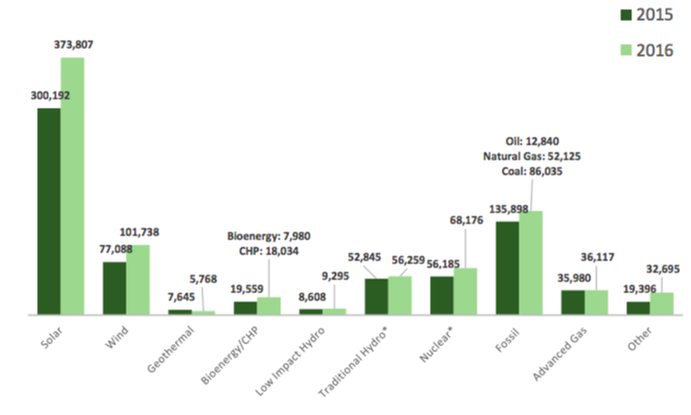|
As the saying goes, there is no Planet B. This is something that Ontarians have to think long and hard about when deciding how to cast their ballots in the Ontario provincial election on June 7th. Indeed, Ontarians have some very weighty decisions to make in this particular election, as they will be forced to decide between a government that has been actively committed to reducing carbon emissions (Ontario's Climate Change Action Plan, 2016) and a party that would dismantle Ontario's climate action plan (McKitrick, 2018). Climate change is not a myth, and it's not some weird conspiracy created by hippies and solar panel manufacturers. Climate change is real, and it's having a very real impact on the planet (Consequences of Climate Change, NASA). Carbon dioxide alone accounts for a 30 percent increase in radiative forcing since 1990 (Climate Change Indicators, US EPA) I understand that voters are upset by Ontario's growing public debt, and I have already made my own feelings about escalating public debt very clear (see: Understanding Canada's Federal Debt, 2015). While I certainly do not like public debt... at all, I fear that just one term of a conservative government in Ontario would not only pull us off an important carbon emissions track, it could potentially pull our province so far off our emission-reduction targets that we might never recover. The fact of the matter is carbon pricing is working in Ontario (Grinspun, 2018), and green energy now creates more jobs in the world than oil. Sadly, Canada, one of the most progressive countries in the world, has been missing out on the green energy revolution (Tencer, 2016). As a case in point, when it comes specifically to the electric power generation workforce, renewable energy now employs far more people in the United States than oil, gas, and coal combined. Figure 12: Electric Power Generation Employment by Technology, Q2 2015 - Q1 2016, from page 30 of the 2017 US Energy and Jobs Report. The 2017 Energy and Employment Report produced by the US Department of Energy states that, "Solar technologies, both photovoltaic and concentrating, employ almost 374,000 workers, or 43 percent of the Electric Power Generation workforce. This is followed by fossil fuel generation employment, which accounts for 22 percent of total Electric Power Generation employment and supports 187,117 workers across coal, oil, and natural gas generation technologies" (see: US Energy and Jobs). Moreover, renewable energy isn't restricted to just those areas of the world that have oil or gas reserves: everyone can take part in this new boon to the world economy (Renewable Energy and Jobs, 2018). In fact, Ontario's educated work force and highly developed manufacturing and transportation infrastructure place it in a prime position to participate in and benefit from the growing renewable energy sector (Getting FIT, 2016). Given the issues on the table, voting in this election will not only impact today's generations, but many generations to come. If you are going to vote on June 7th, please be sure you make an informed decision. References
Climate Change Indicators: Climate Forcing. United States Environmental Protection Agency. Retrieved from https://www.epa.gov/climate-indicators/climate-change-indicators-climate-forcing The consequences of climate change, NASA. Retrieved from https://climate.nasa.gov/effects Grinspun, D. (2018, April 26). Carbon pricing is working in Ontario, so hands off. Retrieved from https://www.thestar.com/opinion/contributors/2018/04/26/carbon-pricing-is-working-in-ontario-so-hands-off.html Lightstone, A. (2015, January 30). Understanding Canada's Federal Debt, 2015. Retrieved from https://www.youtube.com/watch?v=kwUeivsG2M8&feature=youtu.be Mckittrick, R. (2016, March 28). Doug Ford is about to change climate change policy for the whole country — and it's about time. Retrieved from https://business.financialpost.com/opinion/doug-ford-is-about-to-change-climate-change-policy-for-the-whole-country-and-its-about-time Ontario’s Five Year Climate Change Action Plan, 2015-2020. (2016). Retrieved from http://www.applications.ene.gov.on.ca/ccap/products/CCAP_ENGLISH.pdf Tencer, D. (2016, June 13). Renewables Now Employ More People Than Oil, But Canada Is Missing In Action. Retrieved from https://www.huffingtonpost.ca/2016/06/13/canada-oil-renewables-energy_n_10441636.html
0 Comments
|
Green NeighbourWhen it comes to the environment, we are all neighbours. Archives
November 2022
Categories
All
|


 RSS Feed
RSS Feed